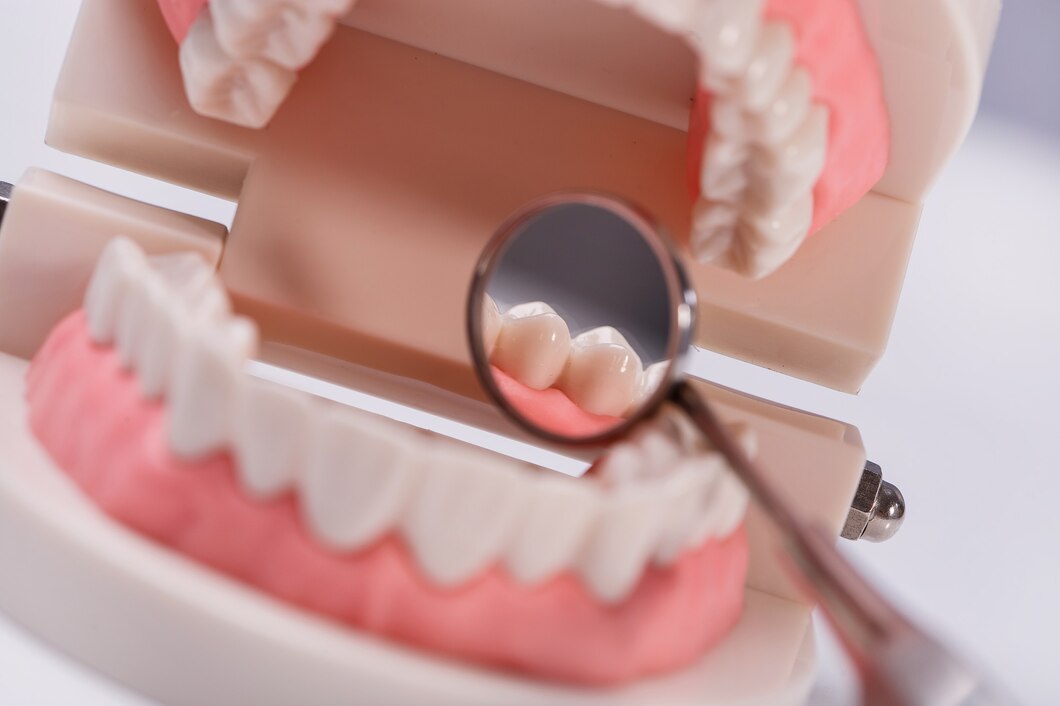Gum disease or periodontis , is one of the most common dental health problems worldwide. This disease not only causes inflammation of the gums but can also damage the teeth' supporting tissues, such as the alveolar bone, which can eventually result in tooth loss. Treatment for gum disease has traditionally focused on cleaning plaque and tartar through scaling and root planing methods. However, as scientific knowledge advances, this conventional therapy is being complemented by a new approach using biological drugs that are more effective in addressing the underlying causes of inflammation.
Biologic drugs are products based on living molecules designed to target specific components within the body's immune system. In the context of gum disease treatment, biological drugs work by suppressing the excessive inflammatory response that occurs in the gum tissues. One of the molecules targeted in this therapy is pro-inflammatory cytokines, such as tumor necrosis factor-alpha (TNF-α) and interleukin-1 (IL-1), which are known to play a significant role in exacerbating inflammation. By inhibiting the activity of these cytokines, biological drugs can help reduce tissue damage while speeding up the healing process of the gums.
The development of biologic drugs for gum disease treatment continues to progress, especially with the discovery of monoclonal antibodies (mAbs) specific to inflammation-causing cytokines. These monoclonal antibodies work by binding to and neutralizing the molecules responsible for inflammation, thus reducing tissue damage due to excessive immune response. Furthermore, recent research indicates that the use of growth factors is also beginning to be implemented in regenerative therapies to stimulate the regrowth of damaged periodontal tissue, offering new hope for patients with severe gum damage.
One of the latest innovations in biological drug therapy for gum disease is the use of recombinant proteins. Recombinant proteins are capable of modulating the immune response more specifically. These proteins are designed to interact directly with specific receptors on immune cells, helping to significantly reduce inflammation without causing excessive side effects. For example, recombinant proteins based on interleukin-4 (IL-4) or interleukin-10 (IL-10) can reduce the activity of pro-inflammatory cells and accelerate periodontal tissue regeneration. This innovation supports the Sustainable Development Goals (SDGs), particularly Goal 3 (Good Health and Well-being), Goal 4 (Quality Education), and Goal 9 (Industry, Innovation, and Infrastructure).
Although the development of biological drugs in gum disease treatment is promising, several challenges still need to be addressed. High production costs and the risk of long-term side effects are major concerns regarding their use. Additionally, not all patients respond well to this therapy, indicating the need for further research to understand the mechanisms and effectiveness of biological drugs in various gum disease conditions. However, with the continued advancement of technology and research in this field, biologic drug therapy is expected to become an effective solution for gum disease treatment in the future, while also improving patients' quality of life and reducing the incidence of severe periodontitis.
Author: Rizky B. Hendrawan | Photo: Freepik

